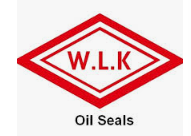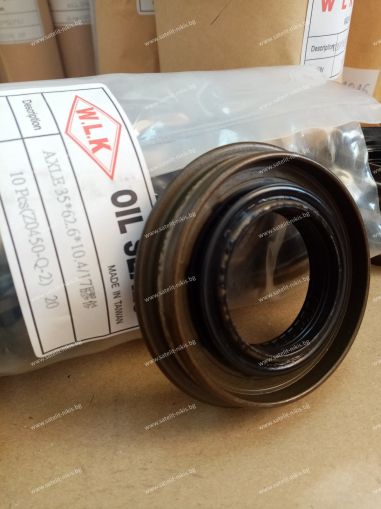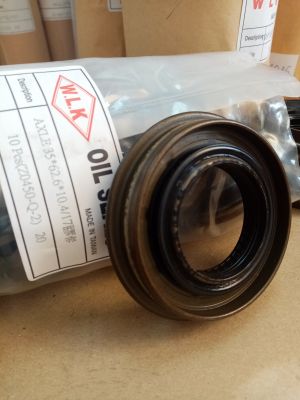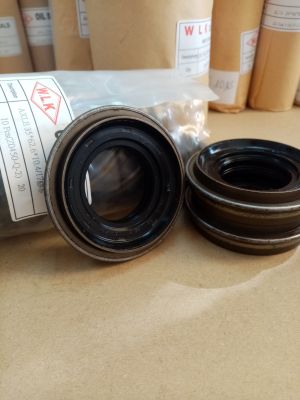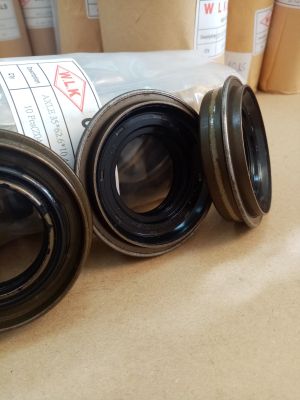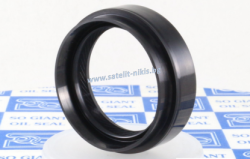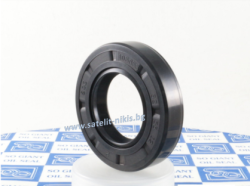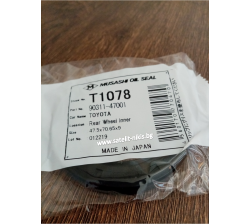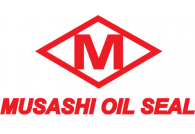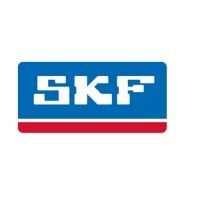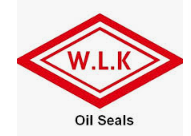Oil seal TB5 35x62.6x10.4/17 NBR WLK/TW, for rear axle of Ford CV6W-4B416-AC,CV6Z-4B416-A,CV6W-4B416-AA,CV6W-4
-
Code:47035062101
-
Weight:0.060 Kgs
Oil seal type TBG9Y , with dust lip and with spring.
Material: nitrile rubber (NBR).
Helix:
OE references:
Ford CV6W-4B416-AC,CV6Z-4B416-A,CV6W-4B416-AA,CV6W-4
Suitable for:
Ford EkoSport,Ford Edge,Ford Escape,Ford Fusion,Lincoln Continental,Lincoln MKC,Lincoln MKT,Lincoln MKZ,Lincoln MKX
(For reference only. We cannot guarantee 100% compatibility)
Manufacturer:
HUO SHIN ENTERPRISE CO.
For delivery options to your country, please do not hesitate to contact us!
Product photos are for illustrative purposes and may differ from the actual appearance of the item. This does not affect the characteristics of the product.
Estimated Shipping
 to Targovishte starts at
€6.08
outside Targovishte starts at
€6.28
to Targovishte starts at
€6.08
outside Targovishte starts at
€6.28
 outside Targovishte starts at
€6.04
to Targovishte starts at
€6.04
outside Targovishte starts at
€6.04
to Targovishte starts at
€6.04
Suitable for:
- Ford EcoSport, CR1, CR6
- Ford Edge, CDQ, TQ1
- Ford Escape,
- Ford Flex,
- Ford Fusion,
- Ford Galaxy, CDR
- Ford Kuga, CBS
- Ford Mondeo, CNG
- Ford S-MAX, CDR
- Lincoln Continental,
- Lincoln MKC,
- Lincoln MKT,
- Lincoln MKX, TQ1
- Lincoln MKZ,
- Lincoln Nautilus
- (For reference only. We cannot guarantee 100% compatibility)
Rubber properties - Acrylnitrile-butadiene rubber (NBR):
Standard color: black
NBR rubber demonstrates excellent resistance to the effects of mineral oils. It also provides particularly good results with hydraulic oils, grease, diesel fuels plus other aliphatic hydrocarbons, diluted acids and alkaline solutions that do not contain aromatic or chlorinated additives. Its excellent mechanical properties, such as high resistance to pressure and abrasion, high stability and good temperature resistance (-20°С to +120 °С), ensure a wide application range for this rubber.
Advantages:
- good oil and fuel resistance (especially to hydraulic oils)
- good working temperature range: -20°С to +120 °С in oil
- good resistance to pressure
- good wear resistance and high tensile strength
- low swelling in water
Limitations:
- poor weather, light and ozone resistance
- poor resistance to polar fluids
- poor resistance to chlorinated hydrocarbons

